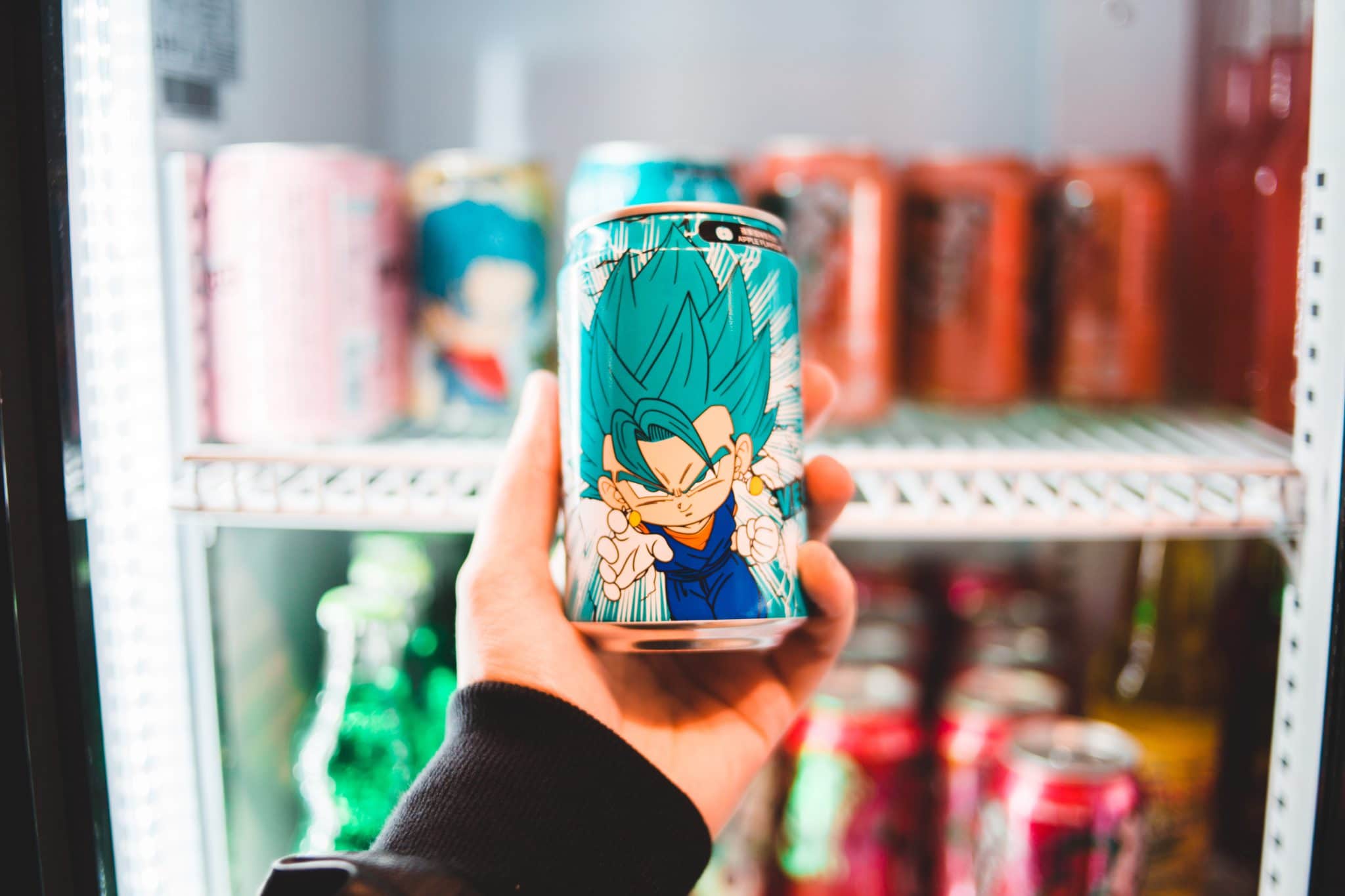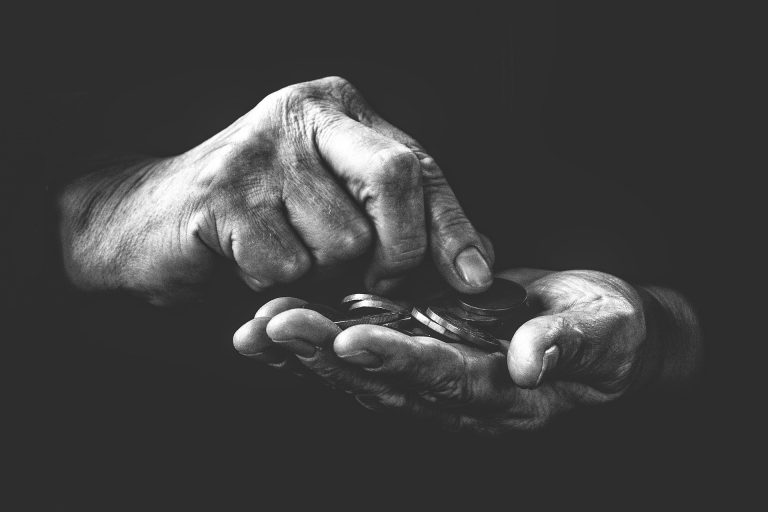Are Diet Drinks Safe For People With Diabetes?
When you have diabetes, you must constantly be aware of what you eat and drink. Healthy food choices and monitoring of eating habits helps you keep your blood glucose levels in check. Persistent high blood glucose levels (hyperglycemia) may lead to long-term complications, such as kidney- or nerve damage and even sight-threatening diabetic retinopathy.
In a previous blog we’ve covered some of the trending diets for people living with diabetes. Focus on fruits and vegetables, along with lean meats and plant-based source of protein, seem to be common elements in many of them. The emphasis is also on less processed foods and less added sugar.
What you drink is just as important as what you eat. In fact, it’s quite surprising the impact a single drink can have on your blood sugar levels. A sugary drink not only raises your blood sugar. It can also account for a good portion of the daily recommended caloric intake, as an average can of a soda drink has around 150 calories. On top of that, sugary drinks add very limited nutritional value, if at all, to your diet.
Are diet drinks bad for people with diabetes?
Various diet drinks tend to be quite popular with people with diabetes. These drinks are low in carbohydrate and have limited calories. However, drinks with artificial sweeteners and other artificial agents to provide sweetness, such as diet sodas, remain a controversial topic.
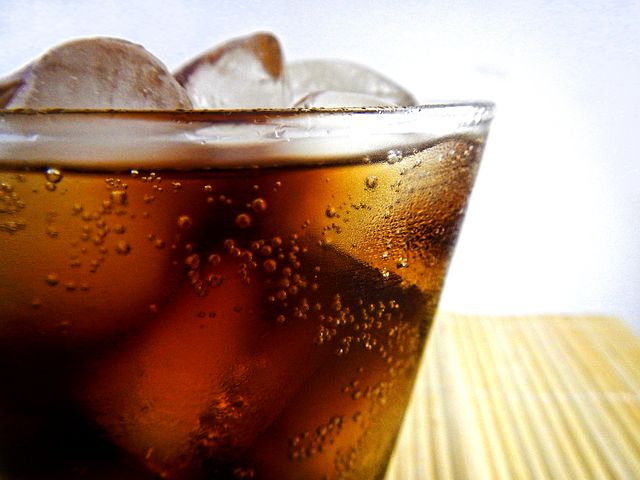
Some studies have raised questions whether benefits of substituting sugar-sweetened beverages with artificial sweeteners are as clear as once maintained, particularly when consuming large amounts of artificial sweeteners. It seems that more research into this topic is required.
Diet sodas may increase risk of vision loss
Another study has revealed that drinking diet sodas may increase the risk of diabetic retinopathy, one of the leading causes of preventable blindness in the world today. According to the authors, the consumption of sugar-sweetened soft drinks has long been associated with increased risk of diabetes, cardiovascular disease as well as obesity and hypertension.
The study explored the association between the consumption of regular and diet soft drinks and severity of diabetic retinopathy in a well-defined cohort of Australian adults with type 1 and type 2 diabetes. The results showed that consuming more than four cans (1.5 liters) of diet soft drinks per week was associated with a more than twofold risk of having proliferative diabetic retinopathy, potentially leading to vision loss.
The authors concluded that as diet soft drinks are perceived as a healthy alternative to regular soft drinks, clinicians and patients should be aware that diet soft drinks may not be without risks of their own.
Do diet drinks lead to weight gain?
Research also indicates that diet drinks may lead to weight gain. Weight-control is already an issue for many people living with diabetes. According to a 2014 study, people who were overweight and drink diet sodas, were more likely to eat around 90-200 more calories per day.
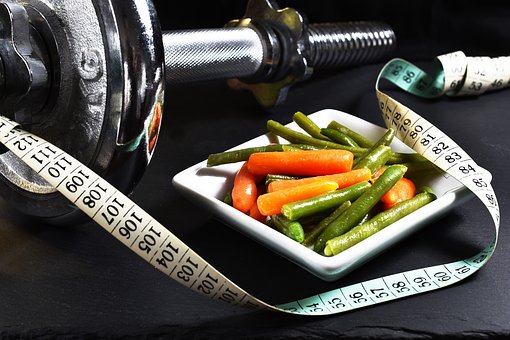
The theory is that artificial sweeteners may not give you enough reward and may bring about cravings for sweetness. This can result in people eating and drinking too much of calorie-rich and sweet food and drinks.
People may thus end up consuming more of an unhealthy type of food due to the misconception that as it is sugar-free it must be healthy.
Impact of diet soda on your gut health
A healthy balance of gut bacteria is essential as we’ve covered in a previous blog.
Some studies indicate that consumption of diet soda can alter the composition and behavior of your intestinal bacteria. Imbalances in your gut bacteria can contribute to inflammation, glucose intolerance and metabolic syndrome, all of which make the treatment of diabetes harder.
Aspartame is one of the common alternative sweeteners
There are several types of alternative sweeteners used in diet sodas. The most common once include Aspartame, which is a chemical sweetener found in a variety of diet sodas and even chewing gum.
Other ones are Sucralose, which studies indicate can raise blood sugar and cause peaks in insulin levels, and Sorbitol that has been linked to severe diarrhea in some studies.
Other sweeteners that seem to raise fewer concerns are Erythritol, which is a corn-based type of sugar alcohol, and the natural Stevia leaf that seems to be a safe alternative to sugar.
Water is the best choice
When it comes to hydration, the best option by far is water as it won’t raise your blood sugar levels. Plain water can be made more fun by adding slices of lemon, lime or oranges or even sprigs of flavorful herbs, like basil or mint.
Carbonated or sparkling water is another excellent choice as a beverage. It is healthier than diet or regular soda because it only contains water and carbon dioxide (CO2). Many people like the freshness of sparkling water with the bubbles, that are in fact CO2 escaping the liquid once pressure has been released by opening the bottle.
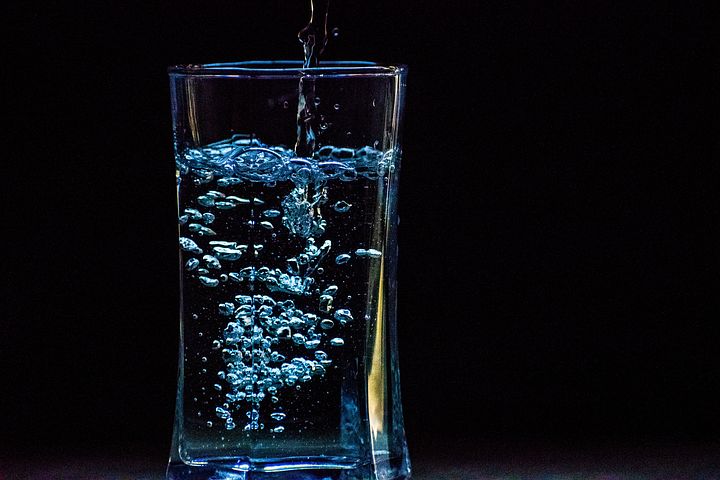
Most researchers and doctors though seem to recommend plain water as the very best beverage for everyone, including people with diabetes.
Other excellent beverage choices
There are plenty of other diabetic-friendly options. Drinks like hot tea or fruit infused water have no calories and contain a few nutrients which makes them better alternatives for diet drinks. Unsweetened black tea, served hot or iced, is a tasty choice for caffeine boost.
A cup of coffee seems to be another fine choice as some studies suggest it may even reduce the risk of developing type 2 diabetes. Just make sure to take your coffee black and without milk, cream or sugar.
The selection of healthy vegetable juices continues to grow in supermarkets around the world. These are good options as veggie juices tend to have low glycemic index. Mixing healthy veggie juices with fruit juices that are low in sugar is quite popular. Here you can find few recipes of healthy juices you may want to make at home.
Conclusion
Treating yourself to a diet drink occasionally seems to be fine as long as you keep in mind that although diet drinks are sugar and calorie-free, overdoing it can present a considerable health risk for people living with diabetes. Whether you decide to drink artificially sweetened beverages and how much is therefore a matter of taste and preference, and a choice you should make in collaboration with your healthcare team. What we can state for the question, are diet drinks bad for people with diabetes? The studies are not clear but what is safe to say is that there is no better drink than good old plain water.

